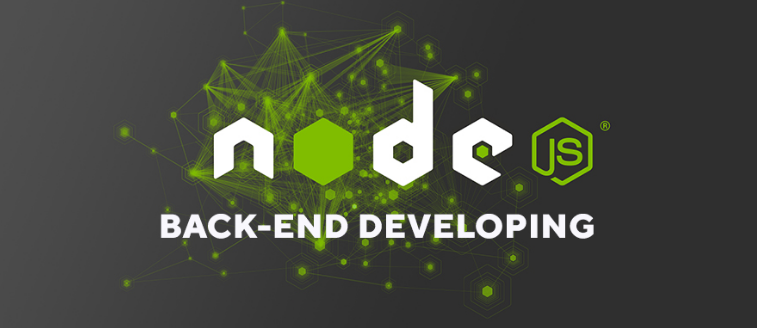Software development involves something interesting. Programmers are traditionally responsible for shipping codes. Developers had to be involved when creating new features or releasing prototypes.
Actually, not much has changed there. The majority of the time, engineers are required. However, the emergence of many codeless platforms has opened up the world of app creation for almost anyone with some technical familiarity with resumes.
Non-engineers can submit prototypes, build business applications, and integrate all kinds of tools. No programming skills are required for this. Of course, there are limitations and, in some cases, it is easier to rely on traditional development approaches.
But if you have limited resources or are in a hurry to deliver something quickly, the no-code aspect is worth considering.
Why are “no coding necessary” tools in demand?
Every company has a rich process, so it’s imperative to automate as much as possible. Many data streams, connected applications, and different business objectives do not make things easy.
Traditionally, development teams have streamlined these processes. However, business-related epics are rarely given priority due to the wealth of quests currently available.
Hiring new developers is also costly due to the global talent shortage. This is often the capacity that many boot companies need and cannot afford. If we can outsource at least some of the waitlists to less technical users, we’ll be happy to do so.
This is becoming more and more realistic with the growth of no code development platforms.

Tools with No-Code Features
Platforms with no-code features have three main components:
1. Intuitive UI builder
Import/export using drag and drop or dialogs or other UI commands should allow you to quickly build all parts of your application and promptly see (create) what the results will look like. You can advance to the next page, feature, or feature. A good UI also has excellent visual modelling capabilities if your application requires it.
2. Integrating
If you use Google services, Slack, web monitoring, and analytics tools, your platform should be able to integrate with them. Codeless development has immeasurable benefits but only makes sense if it can be adapted for use within a flow or process that your business is already following.
3. Reusability and application of components
Parts of your app should be reusable, or at the very least, you should be able to locate the blocks you require for your project.
No code facilitates company growth
The advantage of being code-free is that anyone can use it. It is beneficial not only for non-technical people but also for startups, small businesses, businesses, and anyone with an idea.
Quick and easy to use
Building without code is 10 times faster than building with code. You can create a standard application in just 3 weeks. Using the software is very easy, and the templates and documentation make learning easier and faster. Plus, drag and drop is so intuitive that you can get started right away.
Easy to swap out
When built on a codeless platform, transferring ownership is easy. Changing your email is all you need to do. There is no code platform to store data in the cloud, so you don’t have to worry about hosting.
Economies of scale
The ease and speed of being code-free means you can save time and energy, and resources as you spend less development time. This is very useful if you’re an early starter or looking for an idea that may have limited funding and still can’t afford the entire developer team. Even for prominent startups and businesses, this allows you to get sophisticated products with less effort.
Prioritizing talent over technology
These software products democratize the reach of up-and-coming entrepreneurs and allow anyone to develop their ideas without any technical knowledge. In short, it bridges the gap between no-code talent and coding skills. Early-stage entrepreneurs can focus on what they’re best at instead of spending valuable time and resources on YouTube tutorials and private courses to learn how to code.
Tracking your progress will help you grow:
Every business starts with the concept of selling a product to a customer and making a profit from that sale. A company that grows, scales, and succeeds collects data about its sales, learns from them, and makes them better.
That’s why you need data that explains how you can sell more products to more customers and make more money with each sale. If a customer visits your website, submits a product, or receives a support call, you need to create a way to capture these events and report them in real-time.
This process is more complicated; it is constantly changing and improving, so it will be cancelled. You may find yourself collecting data that doesn’t tell you anything. Otherwise, you can experiment and find that you have much more valuable new data.
Data collection is not only about website analysis and conversion rates. It’s about how potential customers find you, why they become customers, how much and for how long they spend, and how they can be successful for success and exponential growth.
Now that we’re working on users, transactions, communications, and monitoring, we’ve laid the foundation for a fast-growing, code-free business.


